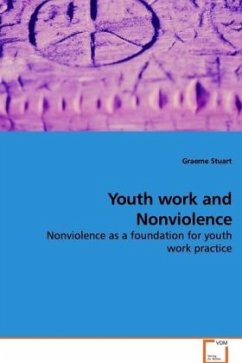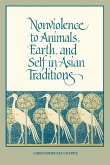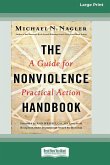Youth work is shaped by a combination of social,
political and historical factors, and operates within
a context where young people frequently experience
violence or attempts to control them. Nonviolence
offers youth workers a foundation for practice that
does not rely on coercion or control. Drawing on
youth work literature, nonviolence literature,
telephone interviews and focus groups with youth
workers and face-to-face interviews with young people
and youth workers, this book considers the
implications of a philosophy of nonviolence for youth
workers. Youth workers have generally heard of
nonviolence activists like Mahatma Gandhi and Martin
Luther King but are unlikely to be aware of the
philosophy underpinning the nonviolence they, and
many other women and men, practised. This book argues
that nonviolence is a solid foundation for youth work
practice and provides useful insights for youth
workers. Although focusing on the context of
Australian youth work, this book will be relevant to
youth workers around the world.
political and historical factors, and operates within
a context where young people frequently experience
violence or attempts to control them. Nonviolence
offers youth workers a foundation for practice that
does not rely on coercion or control. Drawing on
youth work literature, nonviolence literature,
telephone interviews and focus groups with youth
workers and face-to-face interviews with young people
and youth workers, this book considers the
implications of a philosophy of nonviolence for youth
workers. Youth workers have generally heard of
nonviolence activists like Mahatma Gandhi and Martin
Luther King but are unlikely to be aware of the
philosophy underpinning the nonviolence they, and
many other women and men, practised. This book argues
that nonviolence is a solid foundation for youth work
practice and provides useful insights for youth
workers. Although focusing on the context of
Australian youth work, this book will be relevant to
youth workers around the world.








